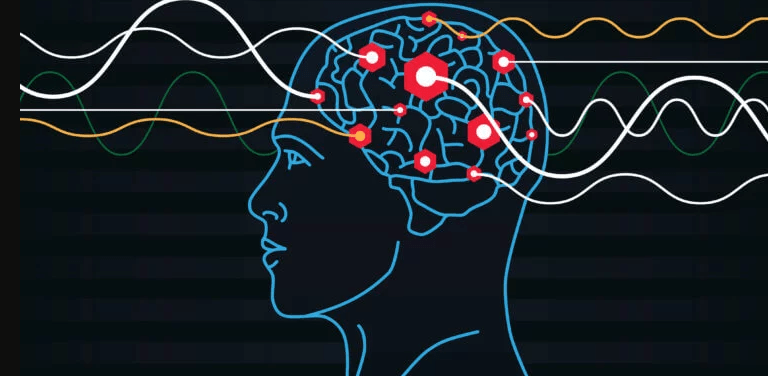A number of mental illnesses and age-related changes cause deterioration of working memory in humans. Scientists are looking for a way to simply stimulate the brain to save patients from such events. For example, methods of electrical and electromagnetic stimulation of the right hemisphere have been proposed, their effect lasting up to one month. The new research promises to improve short-term memory with the help of a laser, simply by flashing it from the skull to the right part of the brain.
Scientists from Great Britain, China and the United States conducted a series of studies on 90 students in which they convincingly demonstrated the possibility of non-invasive (without surgical intervention) laser brain stimulation, which they describe in detail in the journal. Science Advances.
Young people aged 18 to 25 years of both sexes were divided into two groups. People in one group were irradiated from the left prefrontal cortex, and subjects in another group were irradiated from the right prefrontal cortex. Irradiation was carried out with a laser with a wavelength of 1064 nm and shorter. Experiments with false inclusions of the laser were also performed in each group to avoid the autosuggestion (placebo) effect.
During the experiment, students had to remember the colors of objects or their orientation in space and then reproduce them. Apparently, attention increased by about 10% only in one case – when the right prefrontal cortex was illuminated with a laser with a wavelength of 1064 nm. This result gives hope that there may be tools for a simple operation that does not require surgical intervention to improve short-term memory in the future.
However, it is still far. Scientists do not yet understand the mechanism of the brain’s response. This could be both an improvement in the oxygen supply of the brain cells and the stimulation of the mitochondria, which increases the release of ATP molecules in the brain and saturates the neurons with energy. In any case, the proposed technique has no consequences for the brain and human health (although if it is the overuse of ATP, then that is another question).
In the next phase of the research, the scientists plan to track how long the effect of laser memory stimulation lasts. If the effect is long-lasting, it will be possible to work on its inclusion in clinical practice.
Source: Port Altele
